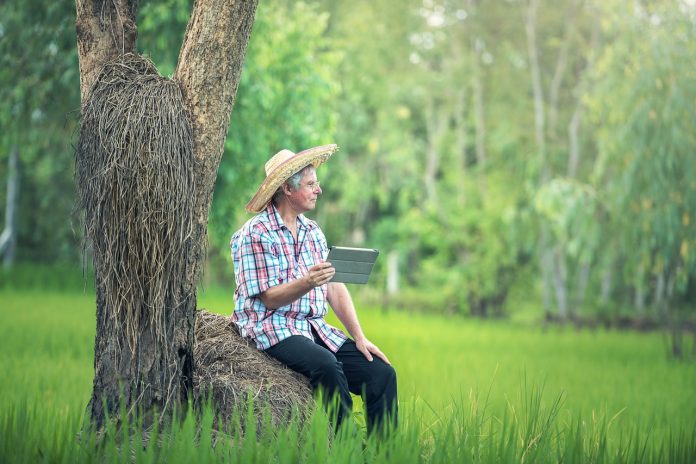By Allen Gahler
If you are reading this column, you likely already have a grasp for the concept in the title. You are taking at least one simple, 5-minute step this week, and hopefully, every week, to read and learn something that will benefit your livestock operation.
If you are not reading this column on a weekly basis, well, you should be. Just as you should be paying attention to every single source of information you can get your hands on, or your eyes on, that pertains to your specific operation.
In today’s world of extremely expensive inputs leading to higher than ever costs of production no matter what you are producing, it is vital that in order to remain sustainable and ultimately, profitable, we continually educate ourselves. This could be as simple as reading an article or two each week, or maybe you read blogs or other web material daily. But it can also mean lots of other options from which we can learn.
Lots of learning opportunities
During the winter, there are a multitude of classroom, lab and on-farm programs offered by OSU Extension, commodity groups and agricultural cooperatives or service organizations. Not all of these are going to focus on grazing or forages, or your main topic of interest, but finding the time to get to any programs will usually pay off in some way to make you better at what you do on the farm.
One of my most influential professors during my undergraduate work at Ohio State University while studying animal sciences had a very special phrase he used all the time, and most anyone with a degree in animal sciences prior to his retirement has probably heard it: “Don’t let classes get in the way of your education.”
I’m sure this will bring a chuckle to many that have heard it and even lived by it at times, and he is probably smiling if he reads this as well, since he is an Ohio cattle producer and grazier in his retirement gig.
That phrase stuck with me throughout my college years as I tried to get involved with everything I could on or off campus that related to beef cattle. Student organizations, judging teams, internships, volunteer work and committee work with cattlemen’s organization often times led to me missing classes in order to go get that “education” in the real world. Looking back, that was invaluable advice. Many of us, myself included, have probably put this phrase to the test at home as well, as my kids have missed a day or partial day of school several times to attend a cattle sale with me, to haul cattle, to work cattle with the vet or even get to a long distance show.
What does this have to do with grazing or improving your cattle, sheep, goat, or dairy operation, you might ask? Well, in my eyes, we need to kind of look at this the opposite way now — the farm is our classroom that we go to daily. Hopefully we are paying attention there on a daily basis, keeping good records of what we do and measuring the results of major decisions.
Getting off the farm
But we can truly educate ourselves a little more if we get outside of that daily routine or classroom once in a while.
That can mean attending local pasture walks, getting our Beef Quality Assurance certificate renewed, going to an OSU Extension beef school, watching a webinar, attending a breed association annual conference, attending an Ohio Cattlemen’s Association calving clinic or Beef 509 shortcourse, the Shepherd’s Symposium, a trade show or any other similar conference, meeting, or even webinar that pertains to our operation.
Yes, it’s a little bit contradictory, pleading for you to go to a class or conference to educate yourself further on how to raise your particular crop or species of livestock, but if we treat our daily routine as the classroom, then we should be looking for some ways to learn outside of it, that just might teach us how we can better manage that classroom when we get back home.
Or better yet, how to make the home farm a classroom for our kids, herdsmen, hired hand, partner or anyone else involved in our operations. Then they can truly experience not letting classes get in the way of their education, and they can learn on the job or on the farm with Mom or Dad about the livestock, the forages and some of the other things that really matter in life.
A quick Google search or paying attention to your extension and commodity group newsletters is all it takes to find out where and when some of these opportunities will be available in your area over the next four months.
Start making plans now to attend at least one program this winter and start researching what and where you can be reading and studying on your own to find out what you didn’t know that you didn’t know about your operation.
And just remember, classes were important, feeding the stock is definitely important, but constantly educating yourself as a producer is importanter!
(Allen Gahler is an OSU Extension ag and natural resources extension educator in Sandusky County.)













